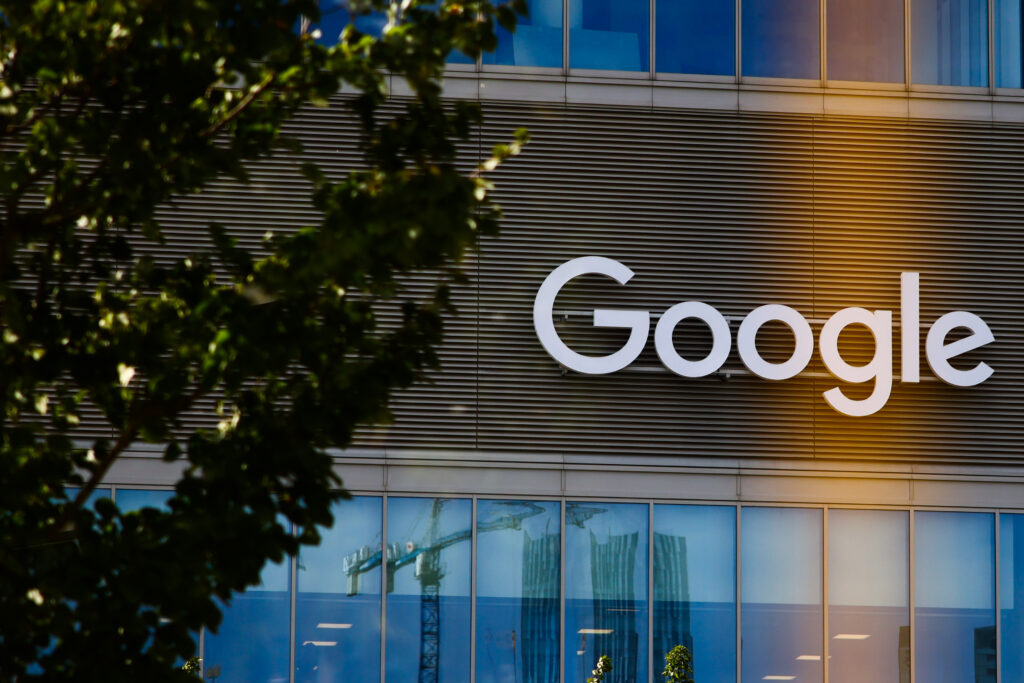For Weimer, it’s not just about breaking up a dominant company that profits from its position of power. “They are changing the media landscape and therefore the democratic foundation of the country,” he said. “From local radio to TV stations and all print media — Google is sucking up everything, and this is threatening our freedom of expression.”
The European Commission’s investigation was spurred in part by complaints from press publishers who allege that Google wields control over the digital advertising industry in a way that is detrimental to their business, and ultimately to the viability of journalistic publications.
Google contends that it is just one player in a crowded marketplace, and that both publishers and advertisers have many options to choose from when buying and selling online ad space.
Before joining the government, Weimer was himself a journalist — including at Welt, a sister publication of POLITICO in the Axel Springer Group, which he left in 2002.
Beyond antitrust law, he is also looking at other regulations at the European level. “The European Union is doing well in this area, but we need much more,” Weimer said. He wants to take a tougher approach to Google on tax law, criticizing how the company “pays virtually no taxes here and gives nothing back to society.”
 The EU executive has floated a divestment of parts of Google’s advertising tech business as the most effective way to address its antitrust concerns. | Beata Zawrzel/Getty Images
The EU executive has floated a divestment of parts of Google’s advertising tech business as the most effective way to address its antitrust concerns. | Beata Zawrzel/Getty Images
This is unfair to society, he added: “They earn billions upon billions here, with huge profit margins, then sneak out via Dublin.”
